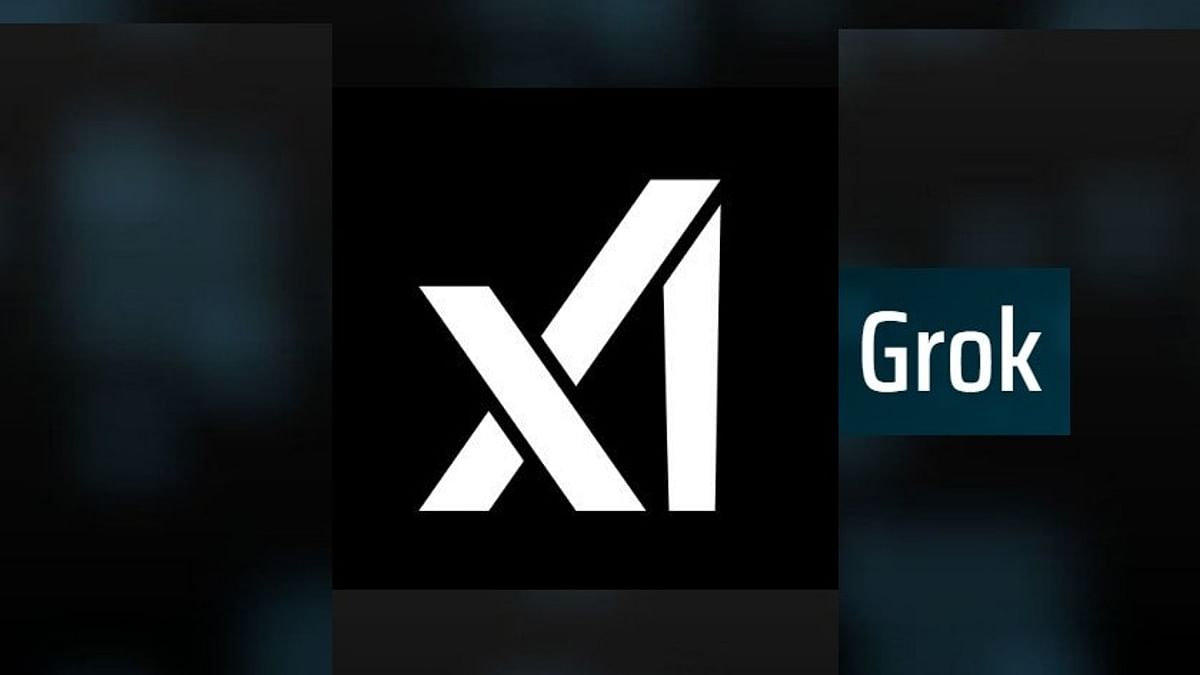Elon Musk announced on March 11th that xAI would make its AI chatbot Grok open source. It is now available on GitHub for everyone.
This means researchers and developers can use the model and influence how xAI improves Grok in the future, competing with similar technology from companies like OpenAI, Meta, Google, and others.
According to a company blog post, this open release includes the “base model weights and network architecture” of the “314 billion parameter Mixture-of-Experts model, Grok-1.” The model is from a checkpoint in October and hasn’t been fine-tuned for any specific use like dialogue.

As reported by VentureBeat, the Grok AI chatbot is being released under the Apache 2.0 license. It is allowed for commercial use. But currently not providing access to the training data or real-time connections to X.
xAI mentioned in a post from November 2023 that the LLM Grok was developed over four months. It is designed for tasks such as generating code, creative writing, and answering questions.
Open-Source AI Models Today
Since Elon Musk acquired Twitter (now X), the algorithms’ code has been made public. Musk has been vocal about his support for open-sourcing AI models and has criticized companies like OpenAI, which he co-founded but is currently in a legal dispute with. Musk alleges that OpenAI violated their original agreement to keep the AI technology open source.
Some companies release open-source or partially open-source models to gather feedback from researchers for improvement. While fully open-source AI foundation models like Mistral and Falcon exist, the most commonly used models are often closed-source or have limited open licenses.
For instance, Meta’s Llama 2 provides its research for free but charges a fee to customers with 700 million daily users and restricts developers from building on top of Llama 2. When Grok chatbot was launched, it required an X subscription (a paid blue check) for access.
Grok aimed to be a more current and unconventional chatbot compared to OpenAI’s ChatGPT or Google’s Gemini. However, our early testing found that it lacked humor and unique features. It is making it less competitive against more advanced chatbots available elsewhere.


Leave a Reply